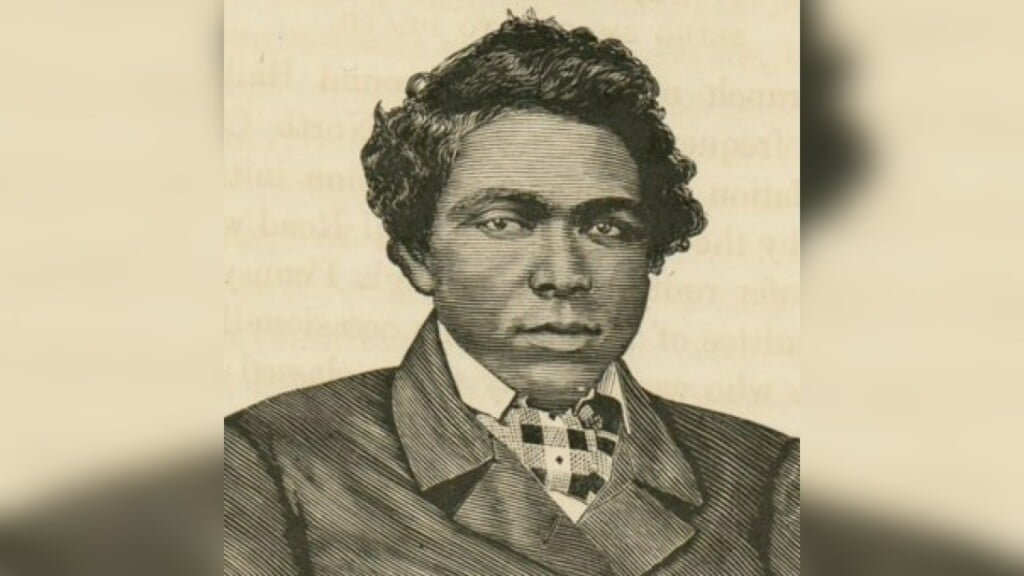Black History Month: Wilmington recognizes Abraham Galloway, NC’s first black elector

WILMINGTON, NC (WWAY) — It’s Black History Month, and Wilmington is recognizing an important figure in its history.
Wilmington native Abraham Galloway was born in Southport in 1837.
Galloway grew up enslaved and moved to Wilmington when he was 10 years old, working as a brick mason. When he was 18, Galloway escaped Wilmington on a boat, reaching Canada with the help of the Underground Railroad.
In 1861, he began working as a spy for the Union army where he scouted marine landings in advance of the Union’s campaign along the North Carolina coast.
Galloway eventually left military intelligence, in favor of focusing on recruiting Black soldiers for the Union and political aspects of the abolition movement. During this time, his approval and influence within the community spread across coastal North Carolina and throughout the North. He even managed to rescue his mother from Wilmington and move her to Union-held New Bern.
In 1864, Galloway led a group of Black southern delegates to meet President Lincoln to argue for citizenship and suffrage. He moved his family to Wilmington in 1865 and was later nominated as North Carolina’s first black elector. He was elected to the state Senate in 1868, representing New Hanover and Brunswick counties.
He died unexpectedly at 33 years old on September 1, 1870. Around 6,000 people attended his funeral in Wilmington, which, at the time, was considered the largest in the state’s history.
In 2013, a historical marker was erected on Third Street, near Brunswick Street, in his honor.




